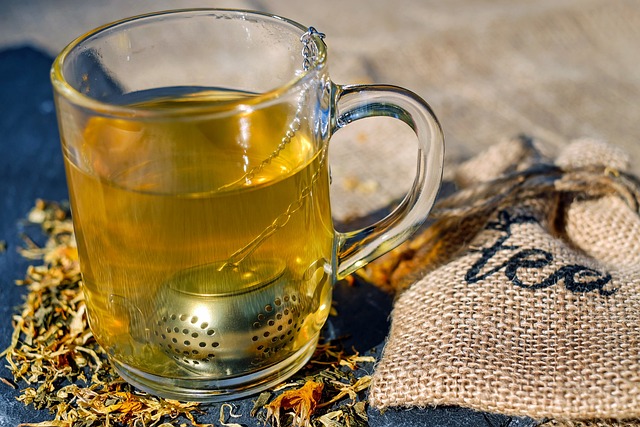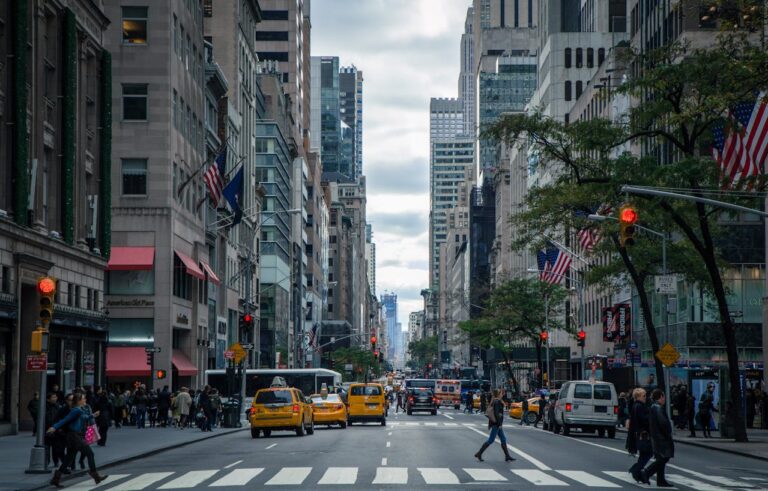Sustainability is no longer a trend — it’s a necessity. As consumers get more eco-conscious the beverage industry is under pressure to reduce its footprint. Among all drinks tea is the one that leads the way in sustainability. This ancient brew has an eco-friendly consumption model from minimal processing to reduced carbon footprint.
Low Impact, Big Benefits
Tea has a low environmental impact unlike many drinks that require intensive farming, packaging and refrigeration. Tea plants require fewer resources than coffee or cacao. Most teas require minimal processing reducing energy and waste.
If you want to try premium blends with an eco-friendly twist check out Magic Hour a brand that sources ethically and sustainably.
Sustainable Sourcing
Sustainable sourcing of tea requires a commitment to responsible farming practices. Ethical tea farming benefits the environment and the community. Many small scale farmers use traditional methods that don’t use synthetic chemicals preserving the soil and the longevity of their crops. Sustainable sourcing also means fair trade initiatives so workers are paid a just wage and work in humane conditions. This ensures long term agricultural stability and the well being of the people behind every cup of tea.
Sustainable tea farming is about preserving soil health, reducing water waste and avoiding pesticides. Many ethical tea brands partner with small scale farmers who use organic practices so production benefits both people and the planet.
Tea companies reduce deforestation, prevent soil erosion and maintain biodiversity by supporting sustainable growers. This helps to healthier ecosystems and long term agricultural viability.
Tea Packaging Innovations
Sustainable packaging is becoming a big focus in the tea industry. Companies are moving away from traditional plastic lined tea bags and investing in biodegradable and compostable options. Some brands are using plant based wrappers and refillable tins to reduce waste. Loose leaf tea is one of the best ways to reduce packaging waste as it eliminates the need for individually wrapped tea bags. With eco-friendly packaging innovations tea brands are leading the way to reduce the environmental impact of drink consumption. Packaging waste is a problem everywhere in the beverage industry. But tea brands are finding solutions with biodegradable materials, compostable sachets and recyclable tins. Loose leaf tea reduces single use packaging making it the most eco-friendly of all drinks.
Water Conservation
Water scarcity is a growing issue, so conservation is key in agriculture. Tea plants are more water efficient than coffee which requires lots of irrigation. Many tea farms use rainwater harvesting to reduce dependency on freshwater even further. Some herbs like rooibos and chamomile grow in arid conditions and require minimal irrigation, so are super eco friendly. Choosing tea over other drinks helps with global water conservation.
Tea farming uses much less than coffee which requires huge amounts of water to cultivate and process. Producing one cup of tea uses far fewer resources than the equivalent coffee. As water conservation becomes a global priority, choosing tea is responsible resource management.
The Carbon Footprint of Tea vs Other Drinks
The carbon footprint of a drink depends on farming, transport and energy used in processing. Tea is lightweight so transporting it has a lower environmental impact than heavy bottled drinks. Many tea varieties can be sun dried or minimally processed reducing carbon emissions.
Herbal Teas: A Zero Caffeine Sustainable Option
Caffeine production can be resource heavy especially with coffee and traditional black teas. Herbal teas offer a caffeine free option with low environmental impact. Ingredients like chamomile, peppermint and rooibos grow in diverse climates with minimal intervention so are a sustainable option for tea lovers.
Supporting Ethical Labour Practices
Sustainability isn’t just about the environment – it’s also about ethical labour practices. Many tea companies are prioritising fair trade certification so workers get fair wages and humane working conditions. By choosing ethically sourced teas you are contributing to better livelihoods for farmers and tea pickers around the world.
How Tea is a Low Waste Option
Tea is low waste by nature. Loose leaf teas eliminate excessive packaging and used tea leaves can be composted to enrich the soil. Unlike bottled drinks which contribute to plastic waste, tea is often prepared with reusable materials so is a smart choice for waste conscious consumers.
The Future of Sustainable Tea
The future of tea is regenerative agriculture, carbon neutral shipping and eco conscious sourcing. Companies are now focusing on agroforestry where tea plants grow alongside native trees promoting biodiversity. New carbon capture and sustainable farming tech will change the game. Consumers can help create a greener drinks market by supporting brands that are working on this. As climate change impacts global agriculture, sustainable tea practices are the blueprint for resilience.
Looking ahead, the tea industry will innovate with sustainable farming, eco packaging and community sourcing. Climate aware consumers will see even more regenerative agriculture, carbon neutral shipping and reusable tea packaging.
Conclusion
Choosing tea over other beverages may seem minor, but it has a lasting impact. Supporting sustainable brands encourages the industry to adopt greener practices. Whether you enjoy herbal infusions, black teas, or refreshing iced blends, your choice makes a difference.
Tea is more than just a drink — it’s a step toward a healthier planet. With ongoing advancements in sustainable farming and packaging, tea continues to lead the way in eco-friendly beverages.




